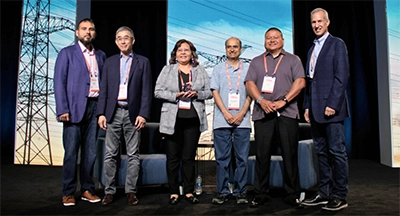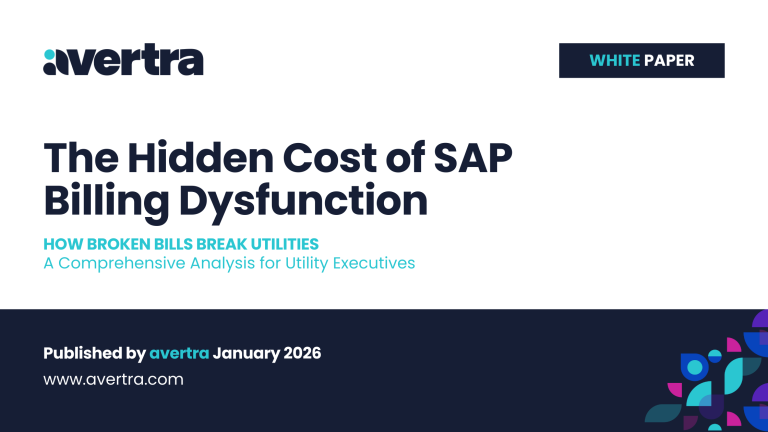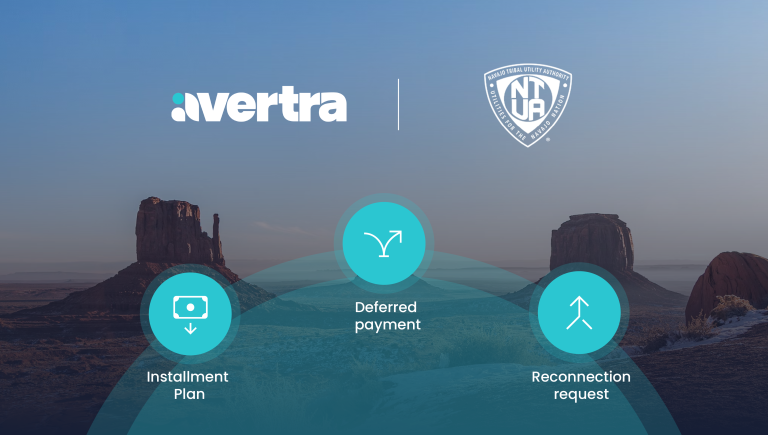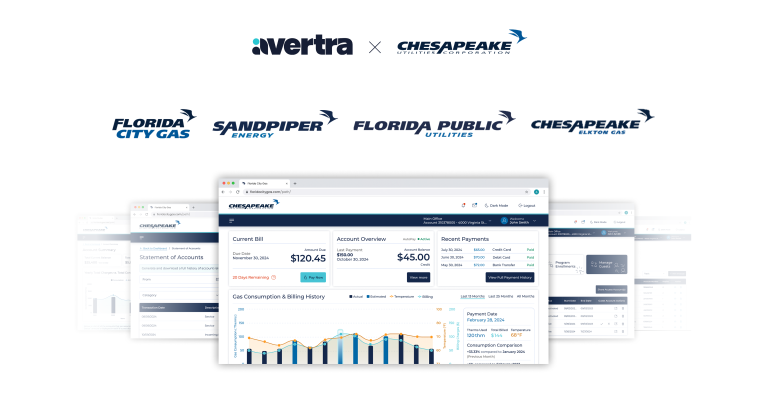Storms, outages, and emergencies – these aren’t just operational challenges for utility companies; they’re pivotal moments where customer trust is tested and solidified. In these critical times, utility companies are not just service providers; they become lifelines, an essential source of stability and reassurance. But the question remains: Is your utility equipping itself with the right outage management strategy to fulfill this crucial role for customers?
The Broad Scope of Emergencies and Their Impact on Customers
Emergencies come in various forms – from natural disasters like hurricanes and blizzards to more mundane yet disruptive power outages. Regardless of their nature, these events can be deeply unsettling. They bring on more than just physical disruptions; they deeply impact the lives and well-being of countless individuals. Beyond the immediate risks and dangers, these scenarios reveal a wide range of challenges for customers. In turn, this significantly amplifies their distress in numerous ways:
- Communication Disruptions: Crucial for relaying concerns and receiving guidance, the breakdown in communication with utility services heightens distress and disrupts essential information exchange. This gap leaves customers feeling isolated and uninformed, increasing their vulnerability during critical service interruptions.
- Health and Safety Risks: Critical medical equipment ceases to function, refrigerators halt, jeopardizing medication and food storage. Lack of heating or cooling systems poses severe risks, particularly for the elderly or those with chronic health conditions.
- Financial Strain: For businesses, especially small local operations, outages can spell financial disaster with lost revenue, spoiled stock, and halted operations. Households face unexpected expenses from property damages or the need to find alternative accommodations.
- Disrupted Daily Life: Ordinary tasks suddenly seem daunting. Meals are difficult to prepare, water scarcity impacts hygiene, and mobility gets restricted, collectively heightening the feeling of helplessness.

In the wake of a disaster, be it a power failure or a natural catastrophe, customers seek more than restoration; they seek reassurance.
Here lies the problem: traditional outage management systems often buckle under pressure, providing delayed, inaccurate, or overly technical information. This lack of effective communication and support can lead to frustrated customers, damaged reputations, and even legal consequences.
A Vision of Resilience and Empathy
So what if there was a way to turn these crisis points into moments of trust and reassurance? An outage management approach that not only informs but also comforts, guides, and empowers customers during their time of need.
This isn’t just about managing outages; it’s about managing customer relationships. For utilities, this extends beyond technical solutions to addressing both the emotional and practical needs of the community. It’s about restoring not just the service, whether it’s power, water, or other essentials, but also calming the anxious minds waiting for normalcy to return. We’re talking about a comprehensive restoration.

When determining the most effective outage management strategy, it’s crucial to ensure it can provide the following:
- Effective Communication: Timely updates and actionable insights can go a long way in building trust and connection. They envelop customers in a sense of being valued and secure, crucial during times of uncertainty.
- Resourceful Compassion: Essential data and practical resources like hotel discounts and shelter locations, made readily available to the team, ensuring timely support and tangible aid for affected customers.
- Clear, Caring Oversight: Offering an interactive outage map for immediate status updates, coupled with an easy reporting process, reassures every customer that their concerns are acknowledged and addressed promptly.
- Scalable Resilience: The capacity to accommodate surging user demands during crisis events. This stability is essential not just for uninterrupted business operations but also for maintaining customer confidence and trust as your service area expands and faces difficult times.
Discovering the Solution in MiCustomer
So we’ve explored the key facets of an effective outage management strategy. Now, you might be wondering where such an approach can be actualized.
Empathy-driven and innovative, MiCustomer DXP redefines outage management. It aims not only at quick service restoration but also at offering peace of mind during times of crisis. Focusing on more than just the technical aspects, the platform ensures a supportive and understanding response to every individual’s needs.
Let’s look at how these values are brought to life through some of its capabilities:
- Robust Resilience: Demonstrating a remarkable capacity to withstand 14x more than the average legacy system’s capacity, it guarantees reliability when most needed.
- Clear and Comprehensive Mapping: Able to manage half a million outage points within a user-friendly layout. It not only excels technically but ensures every community member is informed and at ease, maintaining transparency.
- Rapid Response: With a reaction time that often clocks in at mere seconds, speed is just the beginning. This prompt action is part of a larger commitment to immediate comfort and reassurance.

Curious to see how this translates into real-world applications and impacts? Book a free demo and explore the in-depth capabilities of MiCustomer. Discover firsthand how your utility can ascend from being just a service to a symbol of trust.
Remember, at the heart of every outage, a question looms for utility providers: What kind of legacy do you aim to create? Will your response in these critical times be a source of reliability and empathy, or a missed opportunity to be there for your customers?




















